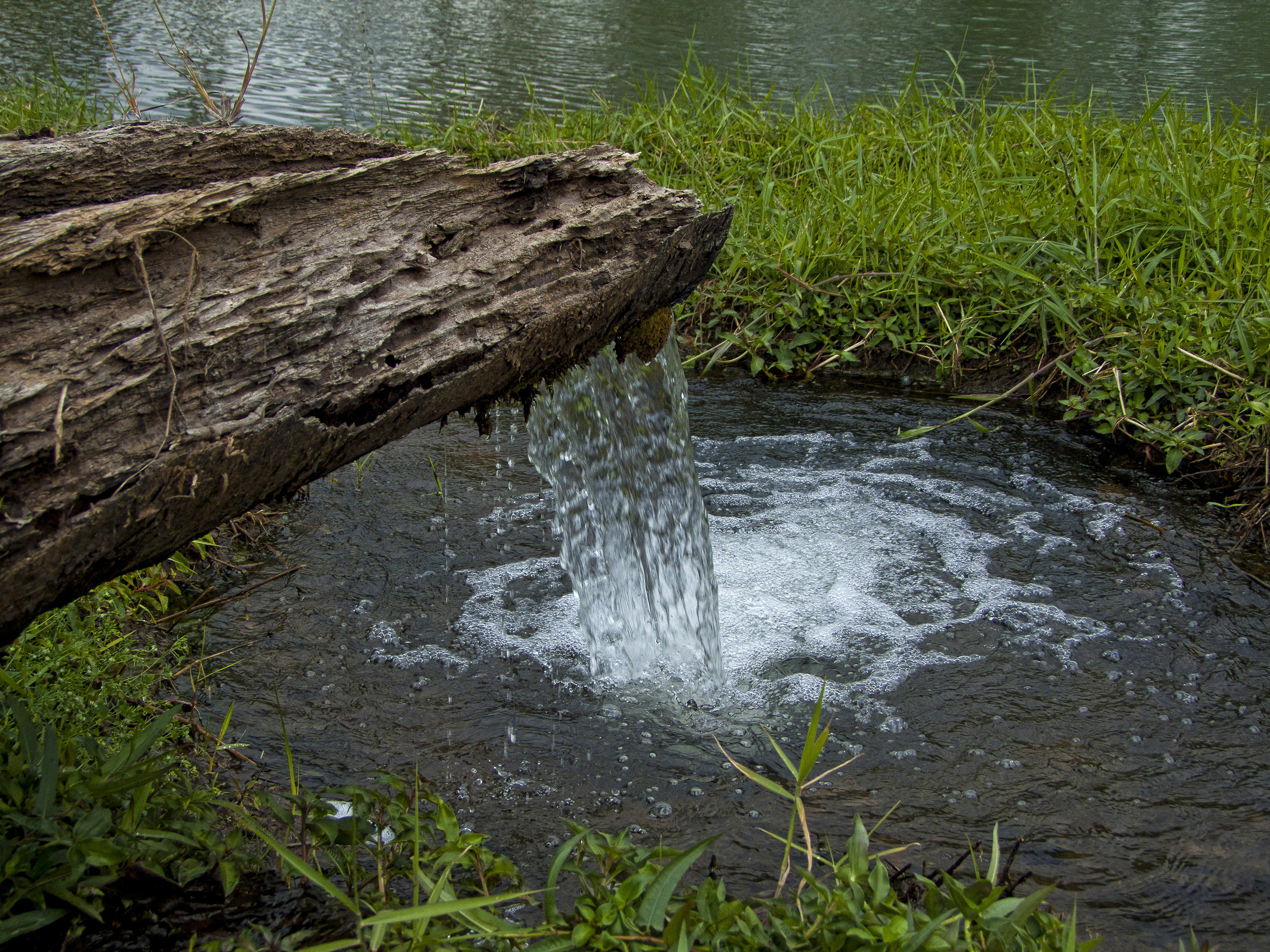I have read Numbers a number of times (get it!) but I never noticed the little canticle in verses 17 and 18 before. It never makes it to the lectionary, of course, or I wouldn't be covering it here.
Just after the Old Testament reading on
Sunday, Numbers tells us of a camping stop, but then we hear this:
From there they continued to Beer; that is the well of which the Lord said to Moses, ‘Gather the people together, and I will give them water.’ Then Israel sang this song:
‘Spring up, O well!—Sing to it!—
the well that the leaders sank,
that the nobles of the people dug,
with the scepter, with the staff.’
- Numbers 21.16-18
Beer is the Hebrew word for well (insert obligatory alcohol joke here), so the text literally means "From there they continued to [a/the] Well."
It is a wonderful image. The people are tired after another long day in the wilderness, but coming to the end of their journey (Joshua will be appointed to replace Moses in just a few chapters). They pull off the road for the end of the day and find water. No need to dig or scrape or carry. There it is.
But as the people sing, we learn that this well was dug by the nobles and using their staffs! Now folks, I have never dug a well, but if I were to try I would use a shovel, not just a staff. Ideally, I would use a backhoe... And I would certainly expect a prince to find someone else to do the hard work. This is no ordinary well.
Perhaps, this is a glimmer of the Living Water, the well that Jesus is speaking of with the Samaritan Woman:
Jesus said to her, ‘Everyone who drinks of this water will be thirsty again, but those who drink of the water that I will give them will never be thirsty. The water that I will give will become in them a spring of water gushing up to eternal life.’ - John 4.14-15
And so we sing,
‘Spring up, O well!—Sing to it!—
the well that the leaders sank,
that the nobles of the people dug,
with the scepter, with the staff.’
We might also consider this little canticle worth using at Baptisms, singing it over the waters that make us children of God. Or maybe when you are out hiking and discover a spring on the way, to take out this little piece and sing it over that unexpected water - Spring up, O well!
Sidebar on translation: The OT reading on Sunday incorrectly states that the serpents God sent among the people were poisonous. My herpetologist son immediately corrected this to "venomous." The text says that the serpents bit the people and many died. As everyone should know - it is bites you and you die, it was venomous; if you bite it and you die, it was poisonous. Translators should consult a 12 year old once in a while.



